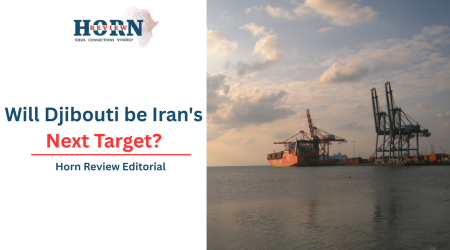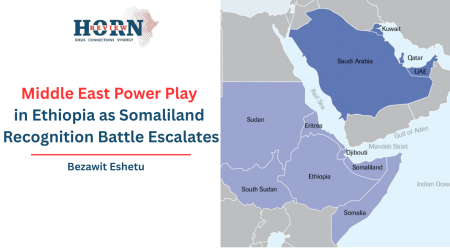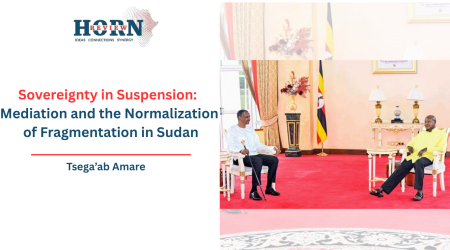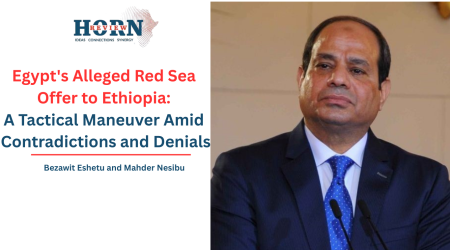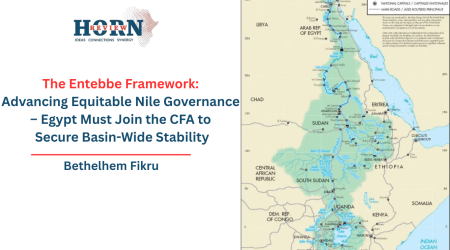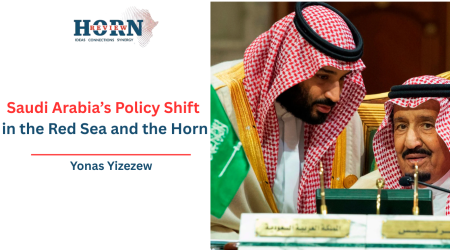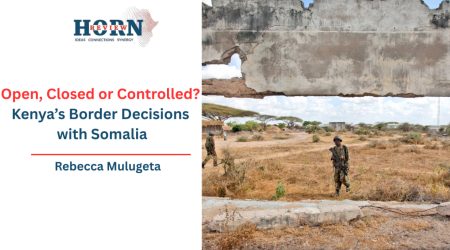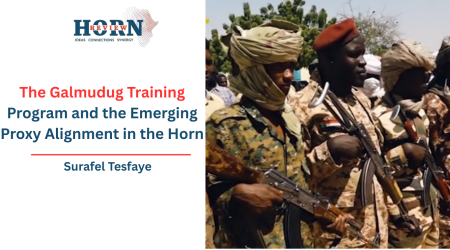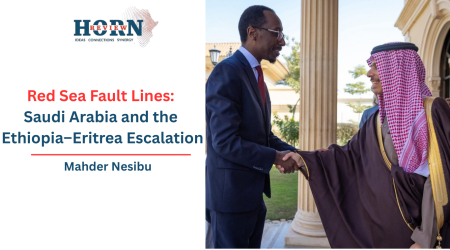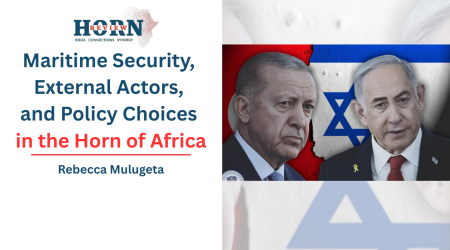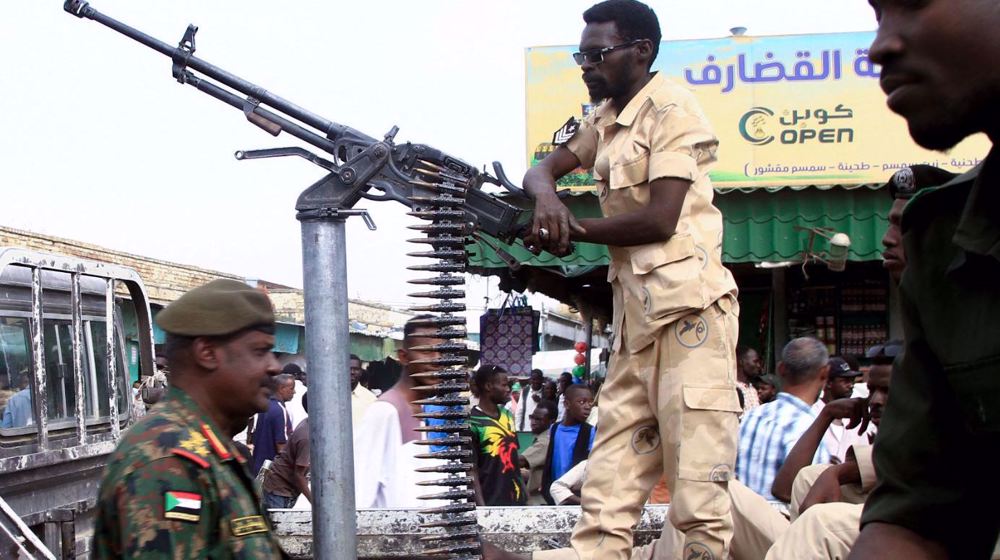
16
Mar
A Battle of Wits and Wills: Sudan’s Legal Offensive against the UAE
The International Court of Justice (ICJ) in The Hague has become the stage for a high stakes legal and geopolitical drama as Sudan files a case against the United Arab Emirates (UAE), accusing the Gulf nation of arming the paramilitary Rapid Support Forces (RSF) and violating its obligations under the Genocide Convention in relation to attacks in West Darfur. This unprecedented move marks a significant escalation in the on-going civil war in Sudan, which has ravaged the nation for nearly two years, and underscores the deepening regional tensions that threaten to reshape the Horn of Africa’s political landscape.
The case, filed on Thursday, alleges that the UAE’s support for the RSF has enabled widespread atrocities, including ethnic-based violence against the Masalit community in West Darfur. The Sudanese government claims that the UAE’s actions have not only fuelled the conflict but also violated international law. However, the UAE has dismissed the case as baseless, vowing to seek its immediate dismissal and accusing Sudan of using the ICJ as a platform for propaganda.
As the world watches this legal battle unfold, questions arise about the role of external actors in Sudan’s civil war, the accountability of nations under international law, and the broader implications for peace and stability in the Horn of Africa.
Sudan’s civil war, which erupted in April 2023, pits the Sudanese Armed Forces (SAF), led by General Abdel Fattah al-Burhan, against the RSF, a powerful paramilitary group commanded by General Mohamed Hamdan Dagalo, also known as Hemedti. What began as a power struggle between two rival factions has spiraled into a full-blown humanitarian catastrophe, with millions displaced, thousands killed, and entire communities decimated.
West Darfur, a region with a long history of ethnic violence, has emerged as one of the conflict’s epicenters. In 2023, the RSF and allied Arab militias launched a brutal campaign against the Masalit, an ethnic group indigenous to the region. Reports of mass killings, sexual violence, and the destruction of villages have drawn comparisons to the Darfur genocide of the early 2000s, which prompted international condemnation and intervention.
Sudan’s case at the ICJ centers on these atrocities, alleging that the UAE’s provision of weapons, funding, and logistical support to the RSF has enabled the group to carry out acts of genocide. The Sudanese government claims that the UAE’s actions violate the Genocide Convention, a cornerstone of international law that obligates signatory states to prevent and punish acts of genocide.
In its application to the ICJ, Sudan presents a detailed account of the UAE’s alleged involvement in the conflict. According to the Sudanese government, the UAE has supplied the RSF with advanced weaponry, including drones and armoured vehicles, and has facilitated the group’s operations through financial and logistical support.
These actions, Sudan argues, have directly contributed to the RSF’s ability to carry out systematic attacks against the Masalit and other ethnic groups in West Darfur. The case also cites reports from United Nations experts and U.S. lawmakers, who have documented the UAE’s role in arming the RSF. In 2023, a UN panel of experts concluded that the UAE had provided military support to the RSF, a finding that has been echoed by U.S. officials. These reports lend credibility to Sudan’s claims and raise serious questions about the UAE’s compliance with international law.
“According to Sudan, all such acts have been perpetrated and enabled by the direct support given to the rebel RSF militia and related militia groups by the United Arab Emirates,” the ICJ said in a statement. The UAE has vehemently denied Sudan’s allegations, dismissing the case as a “cynical publicity stunt” aimed at deflecting attention from the Sudanese Armed Forces’ own role in the conflict. In a statement to Reuters, a UAE official accused the SAF of complicity in the atrocities devastating Sudan and its people.
“The UAE is aware of the recent application by the Sudanese Armed Forces’ representative to the International Court of Justice, which is nothing more than a cynical publicity stunt aimed at diverting attention from the established complicity of the Sudanese Armed Forces in the widespread atrocities that continue to devastate Sudan and its people,” the official said.The UAE’s response highlights the complexity of the conflict, in which both sides have been accused of committing human rights abuses. However, Sudan’s decision to take its case to the ICJ represents a significant escalation, as it seeks to hold a foreign government accountable for its alleged role in the violence.
Sudan’s case against the UAE is not just a legal battle; it is a test of the international community’s commitment to justice and accountability. The Genocide Convention, adopted in the aftermath of the Holocaust, was designed to prevent the recurrence of such atrocities. Yet, as the situation in Darfur demonstrates, the convention’s effectiveness depends on the willingness of states to uphold their obligations and the ability of international institutions to enforce them.
The ICJ, often referred to as the World Court, is the principal judicial organ of the United Nations and has jurisdiction over disputes between states. While its rulings are legally binding, the court lacks enforcement mechanisms, relying instead on the cooperation of member states. This raises questions about the practical impact of Sudan’s case, particularly if the UAE refuses to comply with any potential ruling.
Moreover, the case has significant geopolitical implications. The UAE, a key player in the Middle East and North Africa, has cultivated close ties with various factions in Sudan, including the RSF. Its alleged support for the paramilitary group reflects the broader regional rivalries that have fuelled the conflict, with Gulf states vying for influence in the Horn of Africa.Beyond the legal and geopolitical dimensions, Sudan’s case against the UAE underscores the devastating human cost of the conflict. The violence in West Darfur has displaced hundreds of thousands of people, many of whom have fled to neighbouring Chad.
Humanitarian organizations have warned of a looming famine, with millions facing food insecurity and limited access to healthcare. The international community has largely failed to address the crisis, with efforts to broker a ceasefire repeatedly collapsing. Sudan’s case at the ICJ represents an attempt to break this cycle of impunity and hold those responsible for the violence to account.
As Sudan and the UAE prepare for their legal showdown at the ICJ, the world watches with bated breath. The case represents a rare attempt to hold a foreign government accountable for its alleged role in a conflict, and its outcome could have far-reaching implications for international justice and the Horn of Africa’s political landscape.
However, the road to justice is fraught with challenges. The UAE’s dismissal of the case and its counteraccusations against the SAF highlight the deep divisions that have fuelled the conflict. Moreover, the ICJ’s reliance on state cooperation raises questions about the enforceability of any ruling.
Ultimately, Sudan’s case against the UAE is a reminder of the urgent need for accountability in the face of atrocities. Whether it succeeds or fails, it underscores the importance of international law as a tool for justice and the need for the global community to confront the forces that perpetuate violence and suffering.
As the legal battle unfolds, one thing is clear: the people of Sudan, particularly those in West Darfur, cannot afford to wait for justice. The international community must act swiftly to address the humanitarian crisis and support efforts to bring an end to the conflict. Only then can the seeds of peace and reconciliation be sown in a nation torn apart by war.
By Samiya Mohammed,Researcher, Horn Review

